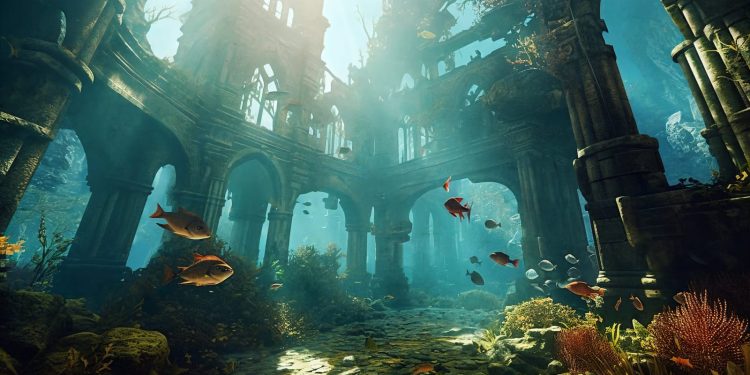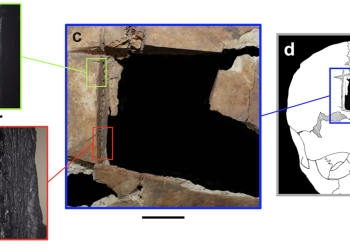A recent study has brought to light an urgent and growing threat: the rising sea levels that now endanger some of the most historically significant sites in Greece and Turkey. As the planet warms, these ancient monuments, many of which have stood the test of time for millennia, are now facing a new and relentless adversary. The risk posed by rising seas to cultural landmarks is not a recent discovery, but new research underscores just how precarious the situation has become. The island of Delos, known for its rich history as a major religious center in ancient Greece, has already experienced the destructive force of rising waters. As glaciers continue to melt and global sea levels inch higher, the threat to such sites becomes increasingly severe. Recent studies reveal that a significant number of coastal sites in Greece and Turkey are at imminent risk of being swallowed by the sea. Delos, which lies close to Mykonos, has been particularly hard hit, with historical reports documenting the extensive damage caused by flooding.
The study, spearheaded by geoscientist Enes Jengin from Dumlupinar University, employed advanced modeling techniques to assess the potential impacts of sea-level rise on ancient sites. By analyzing data from the US National Oceanic and Atmospheric Administration’s 2022 Sea Level Rise Technical Report, Jengin was able to map out flood risks under various scenarios. The research evaluated 464 cultural heritage sites along the coasts of Greece and Turkey, revealing that a startling 147 of them could face severe risks within the next 50 years, even under the best-case scenarios. Among these, 34 sites are in the highest risk category, with 19 at high risk and 27 at medium risk. In Turkey, the ancient cities of Knidos and Kaunos in the Muğla province, along with the historic port city of Elaia in İzmir, are among the most vulnerable. If sea levels rise by just one meter, these sites could be partially or completely submerged by the end of the century. A three-meter rise would bring even more catastrophic consequences, threatening renowned locations such as Ephesus, Miletus, Guverzinada Castle, and the ancient cities of Olympus and Patara.
Similarly, in Greece, ancient cities like Sissi, Pavlopetri, and Locris are categorized as extremely high-risk. These sites, brimming with historical and cultural significance, face the grim possibility of vanishing beneath the waves. While the findings of this study are deeply concerning, there is still hope. The research suggests that 317 sites might remain safe from the encroaching sea, even in the event of a significant rise in sea levels. However, this potential reprieve should not lull us into complacency. Jengin emphasizes the need for urgent and decisive action to protect those sites that are most at risk. “To preserve our cultural heritage, we must act swiftly, especially in areas identified as high-risk,” Jengin advises. He highlights the importance of implementing protective measures to safeguard these irreplaceable sites from both natural and human-induced threats. This study is a stark reminder of the fragile nature of our global heritage in the face of climate change. The responsibility to protect these historical landmarks transcends borders and generations. It is crucial that we take immediate steps to ensure these treasures are preserved for the future, before they are lost to the rising tides forever.











